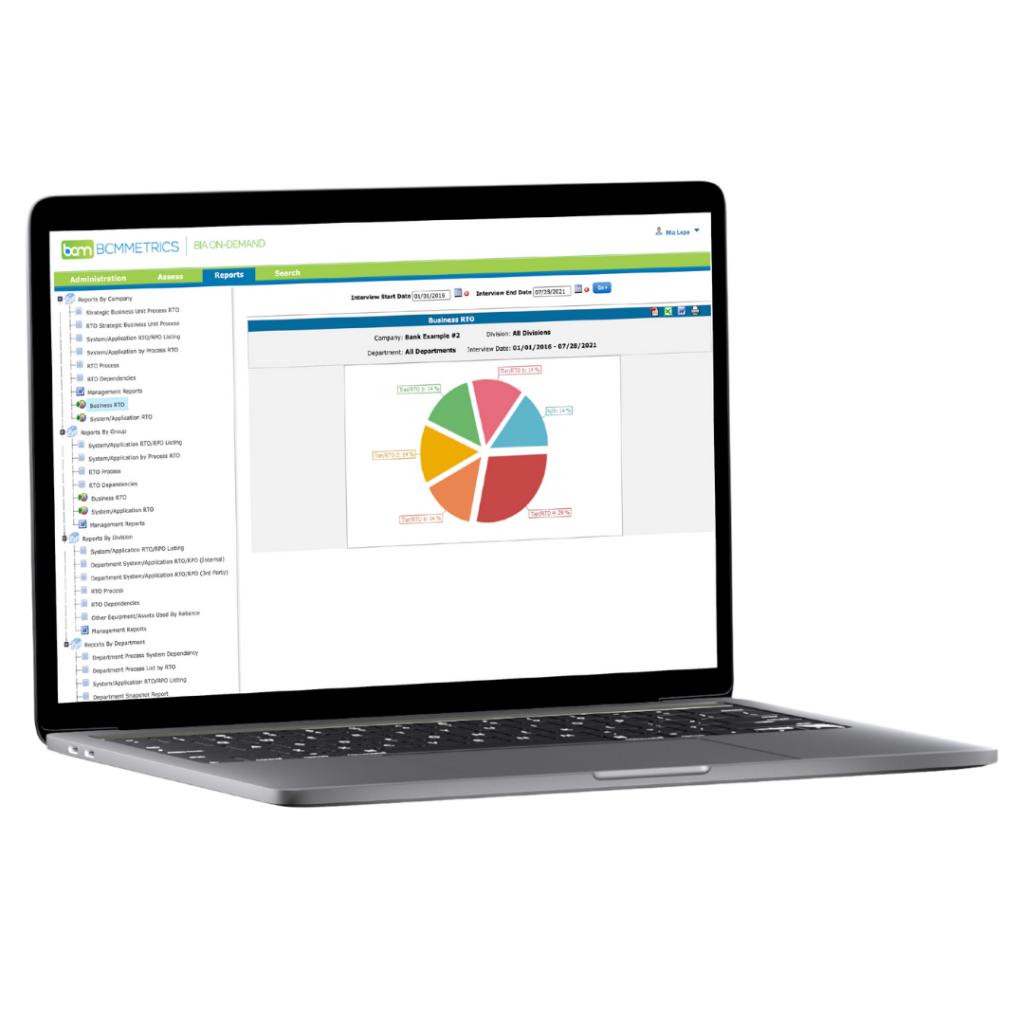BCM Basics: “Continuity” Defined

This post is part of BCM Basics, a series of occasional, entry-level blogs on some of the key concepts in business continuity management.
People new to our field are often puzzled by one of its key terms: “continuity.” Today we’ll provide a comprehensive definition of this foundational word.
Related on MHA Consulting: Mark My Words: Commonly Confused Business Continuity Terms
The Meaning of “Continuity”
If you’ve been to MHA’s home page, you know what our firm is all about. As the headline on the page explains, we provide “Business continuity consulting for today’s leading companies.”
We’ll get to the meaning of the term “business continuity” in a moment. For now, let’s pin down what is meant by “continuity.”
Movie and TV fans might know that “continuity” in films and TV shows is about making sure that the details that make up a fictional world remain consistent even as scenes are shot out of sequence and over extended periods of time.
In the context of business and organizations, “continuity” refers to the ability of a company or other type of organization to quickly restore its essential functions, operations, and services in the face of unexpected disruptions or outages.
Defining “Business Continuity”
The term “business continuity” refers more specifically to the methodology and practices devoted to achieving continuity.
Newcomers might not be aware of the fact that “business continuity” is a well-established industry and discipline with its own standards, professional associations, certifications, conferences, publications, best practices, company departments, and consulting firms.
The point of these entities is to help organizations do better at avoiding and weathering disruptions, thus safeguarding their reputations, profitability, and viability during events such as natural disasters, technological failures, supply chain disruptions, economic downturns, or other unexpected crises.
The Move to “Resilience”
Another word worth mentioning in this discussion is “resilience.” This is a newer term that reflects a growing awareness that continuity—the ability to recover quickly—might no longer be enough.
In Strong Language: The MHA Glossary of Essential Business Continuity Terminology (free with registration), we define resilience as “A highly desirable state in which an organization, through sound business continuity management, has obtained the ability to continue its critical operations even during disruptions.”
Many organizations today need an always-on capability. An organization that is resilient has such a capability.
For more on the shift from continuity to resiliency, see “When the Going Gets Tough, the Tough Get Resilient,” by MHA CEO Michael Herrera.
It Starts with “Continuity”
People just beginning to familiarize themselves with the field of business continuity are likely to run into many unfamiliar terms, starting with the word “continuity.” The term refers to the ability of organizations to quickly restore their important processes and activities after a disruption.
The related term “business continuity” refers to the framework of methodologies and practices meant to bolster this vital trait. The newer term “resilience” underscores the growing need for some organizations to maintain an always-on capability, enabling them to sustain operations even in the face of disruptions and emergencies.
Learning the meaning of these and other critical BC terms can help the individual new to the field to begin making progress toward protecting their organization from today’s unprecedented threats.
Further Reading
For more information on BC terminology, and other hot topics in business continuity and IT disaster recovery, check out the following recent posts from MHA Consulting:
- Mark My Words: Commonly Confused Business Continuity Terms
- Continuing to Thrive: A Definition of Business Continuity
- BCM Basics: Inherent Risk vs. Residual Risk
- BCM Basics: Modern IT/DR Strategies
- When the Going Gets Tough, the Tough Get Resilient
- Strong Language: The MHA Glossary of Essential Business Continuity Terminology (free with registration)









